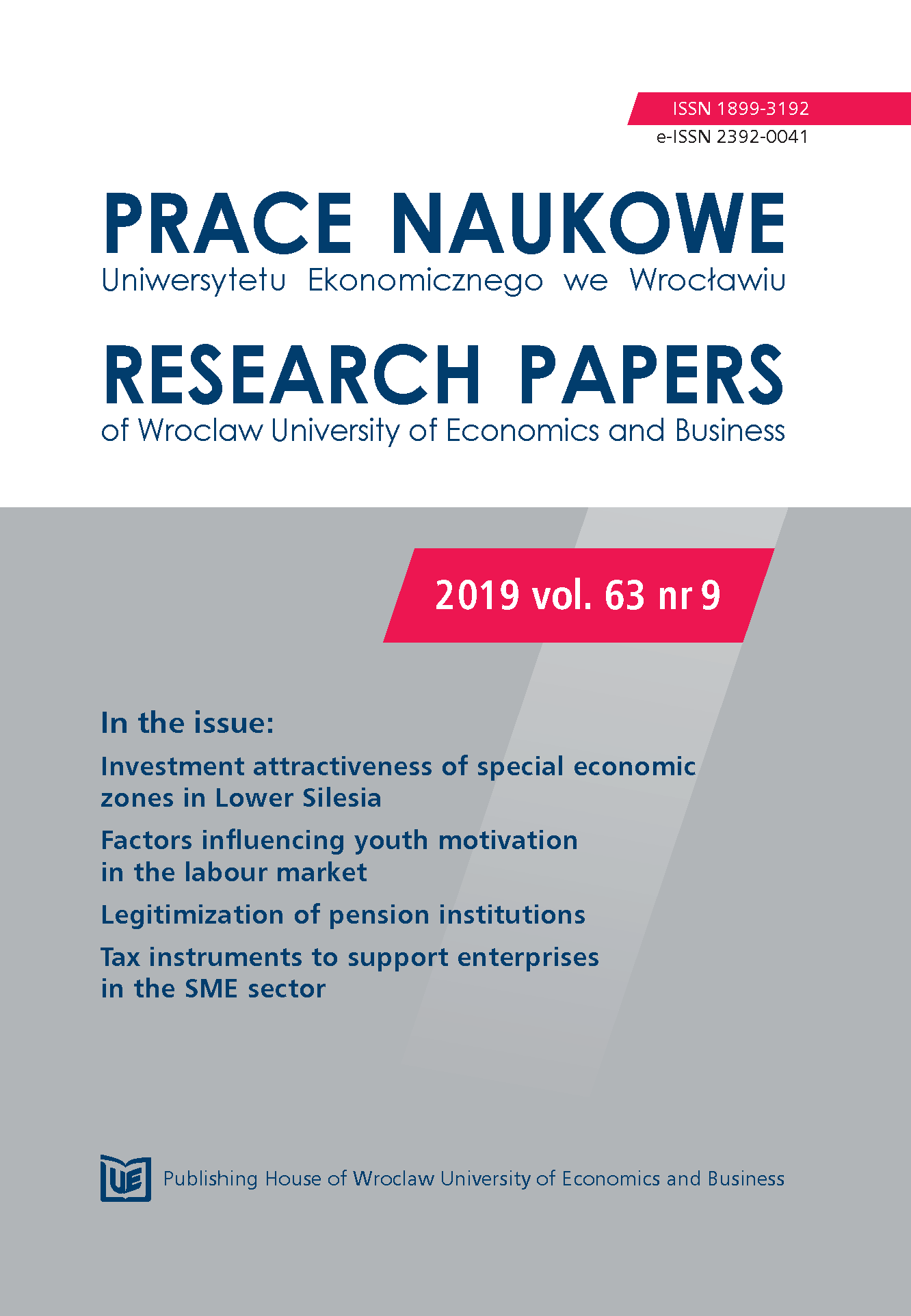Krytyczna ocena tie-breaker rule na przykładzie umowy o unikaniu podwójnego opodatkowania zawartej pomiędzy Polską a Niemcami
Critical assessment of the tie-breaker rule using the example of the DTT Germany–Poland
Author(s): Magdalena Janiszewska, Maria Węgrzyn, Piotr KowalskiSubject(s): Business Economy / Management
Published by: Wydawnictwo Uniwersytetu Ekonomicznego we Wrocławiu
Keywords: tie-breaker rules; double taxation treaty; tax residency; BEPS
Summary/Abstract: Taxpayers establishing their economic and personal interests in more than one country run the risk of becoming a tax resident in more than one tax jurisdiction. The problem of possible double residency shall be solved by Article 4(2) and (3) (the so-called Tie-Breaker Rule) of the OECD Model Tax Convention. Both articles are falling back on national legal definitions, which raises the risk of their different interpretation by the participating countries. The aim of the study is to demonstrate the differences in interpretation of such terms as “resident”, “permanent home”, “centre of vital interests” and “habitual abode” in Poland and Germany. The authors also try to find out whether and how the consistency of the decision- -making process can possibly be achieved. The analysis shows that it can be supported by the efficient and effective information exchange processes as well as increased international cooperation between the tax administrations and the administrative courts. As a research tool the authors used an analysis of subject-matter literature, legal acts, and court decisions.
Journal: Prace Naukowe Uniwersytetu Ekonomicznego we Wrocławiu
- Issue Year: 63/2019
- Issue No: 9
- Page Range: 47-57
- Page Count: 11
- Language: English

